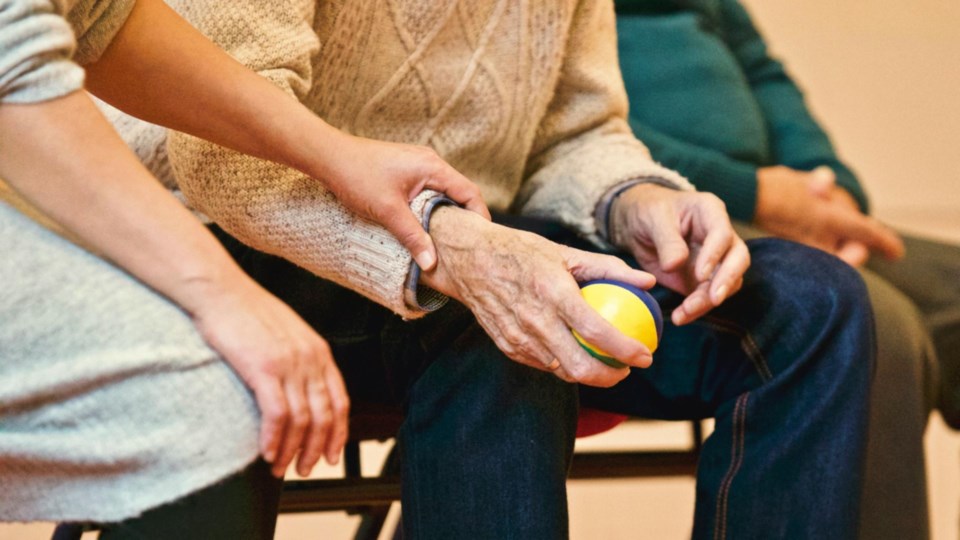REGINA — Dr. Andrew Eaton, associate professor of social work at the University of Regina, emphasizes the critical need for enhanced social and psychological support for older adults living with HIV.
Saskatchewan continues to have the highest rates of HIV in Canada. As the epidemic enters its fifth decade, the focus is increasingly shifting towards the challenges of aging with HIV.
"Cognitive issues are prevalent among older adults with HIV," says Dr. Eaton. "There is an urgent need for psychosocial interventions that can help alleviate the stress, anxiety, and coping difficulties associated with chronic health conditions. However, there are currently few therapies that specifically address cognitive health in this population."
In response to this gap, Eaton secured funding from the Saskatchewan Health Research Foundation to develop a culturally relevant solution. His research will use the Two-Eyed Seeing approach, which integrates Western and Indigenous knowledge systems, to create a specialized Cognitive Remediation Group Therapy (CRGT) tailored to First Nations and Métis communities in Saskatchewan.
"The goal of this research is to collaborate with First Nations and Métis Elders and Knowledge Keepers to adapt CRGT in a way that resonates with Indigenous cultural practices," says Eaton. "We aim to make this therapy effective and culturally meaningful for Indigenous people living with HIV."
Cognitive Remediation Group Therapy is designed to support individuals with HIV who experience cognitive challenges. Eaton's team will work closely with First Nations and Métis communities in Saskatchewan to customize, evaluate, and implement this therapy in community health settings.
The research will begin with culturally significant ceremonies and offerings, followed by half-day consultations with Elders and Knowledge Keepers. These discussions will focus on:
- Further cultural adaptation of CRGT
- Identifying potential First Nations and Métis service providers for CRGT training and delivery
- Developing culturally-appropriate evaluation tools to measure the therapy's impact
- Supporting the involvement of Elders, Knowledge Keepers, and Indigenous researchers in future CRGT initiatives
Eaton envisions that this research will lead to meaningful, long-term improvements in the cognitive health and overall well-being of Indigenous people living with HIV in Saskatchewan. "Our hope is that this project will not only provide effective therapeutic support but also foster a deeper connection between Western medical practices and Indigenous ways of knowing."
— Submitted by University of Regina




